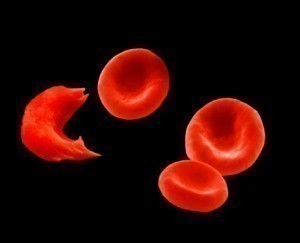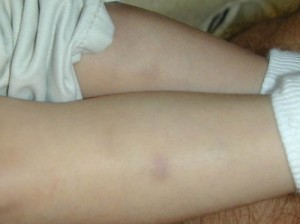What Causes Low Sodium in the Human Body?
The normal concentration of sodium in the blood plasma is 136-145 mm. If the sodium level falls too low, it’s called hyponatremia; if it gets too high, it’s called hypernatremia.
A sodium level in the blood that is too low is dangerous and can cause seizures and coma. Sodium is a mineral element which is an important part of the human body. It controls the volume of fluid in the body and helps maintain the acid-base level. About 40% of the body’s sodium is contained in bone, some is found within organs and cells and the remaining 55% is in blood plasma and other fluids outside cells. Sodium is important in proper nerve conduction, the passage of various nutrients into cells, and the maintenance of blood pressure.
The body continually regulates its handling of sodium. When a person eats too much or too little sodium, the intestines and kidneys respond to adjust concentrations to normal. During the course of a day, the intestine absorbs dietary sodium while the kidneys excrete a nearly equal amount of sodium into the urine.
There are many diseases that can cause abnormal salt levels, including diseases of the kidney, pituitary gland, and hypothalamus. This is especially a concern in elderly patients, who have a harder time regulating the concentrations of various nutrients in the bloodstream.
Low salt levels can be caused by eating too little salt or excreting too much sodium or water, and by diseases that impair the body’s ability to regulate sodium and water. Keeping to a low-salt diet for many months or sweating too much during a race on a hot day, can make it hard to keep sodium levels high enough. While these conditions alone aren’t likely to cause loss salt levels, it can occur under special circumstances.
Usually only mild hyponatremia occurs in patients taking diuretics. However, sodium levels can fall dangerously low in patients who eat a low-sodium diet and drinking too much water. Severe and prolonged diarrhea also can cause low sodium levels. A person with severe diarrhea can lose large amounts of water, sodium, and various nutrients. Some diarrheal diseases release especially large amounts of sodium and are most likely to cause hyponatremia.
Drinking too much water may cause low sodium levels, because when the water is absorbed into the blood, it can dilute the sodium. This cause of hyponatremia is rare, but has been found in mentally ill patients who compulsively drink more than 20 liters of water a day. Excessive drinking of beer, which is mostly water without much sodium, can also produce hyponatremia when combined with a poor diet.






